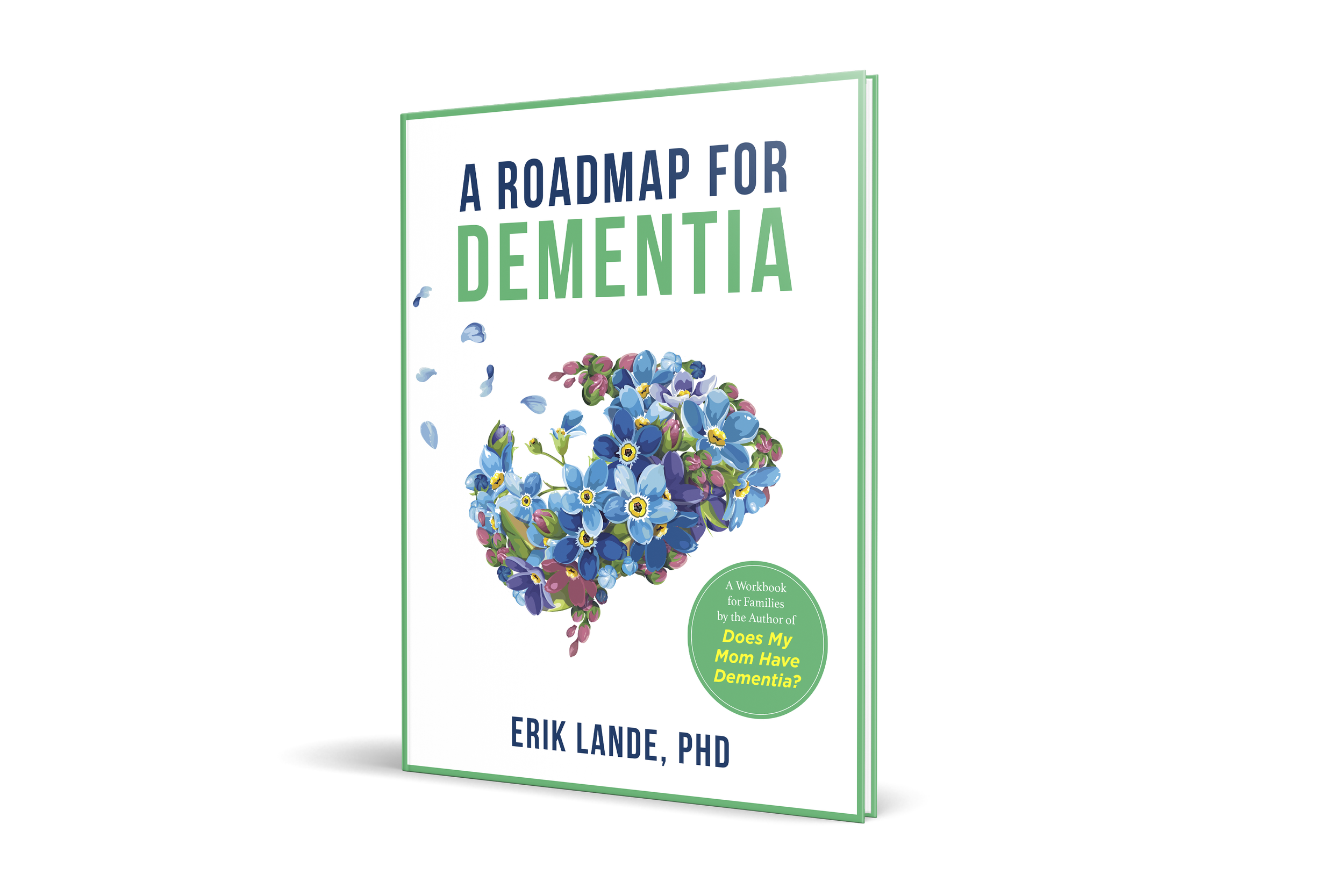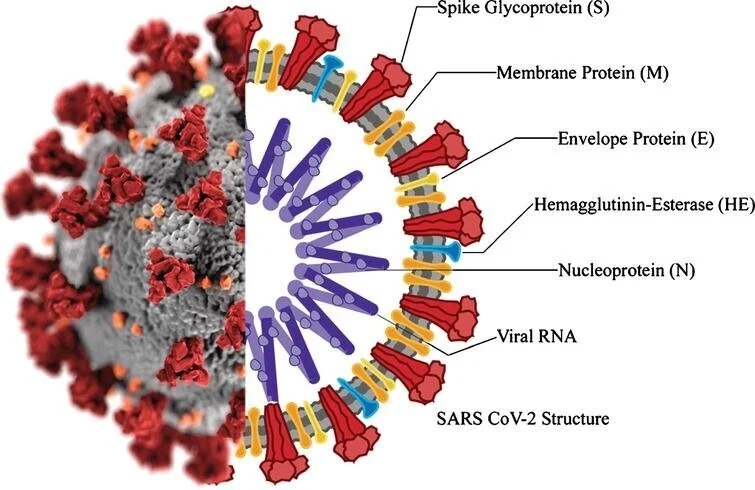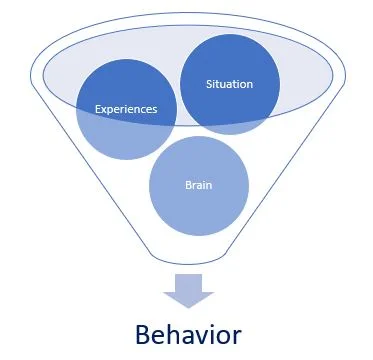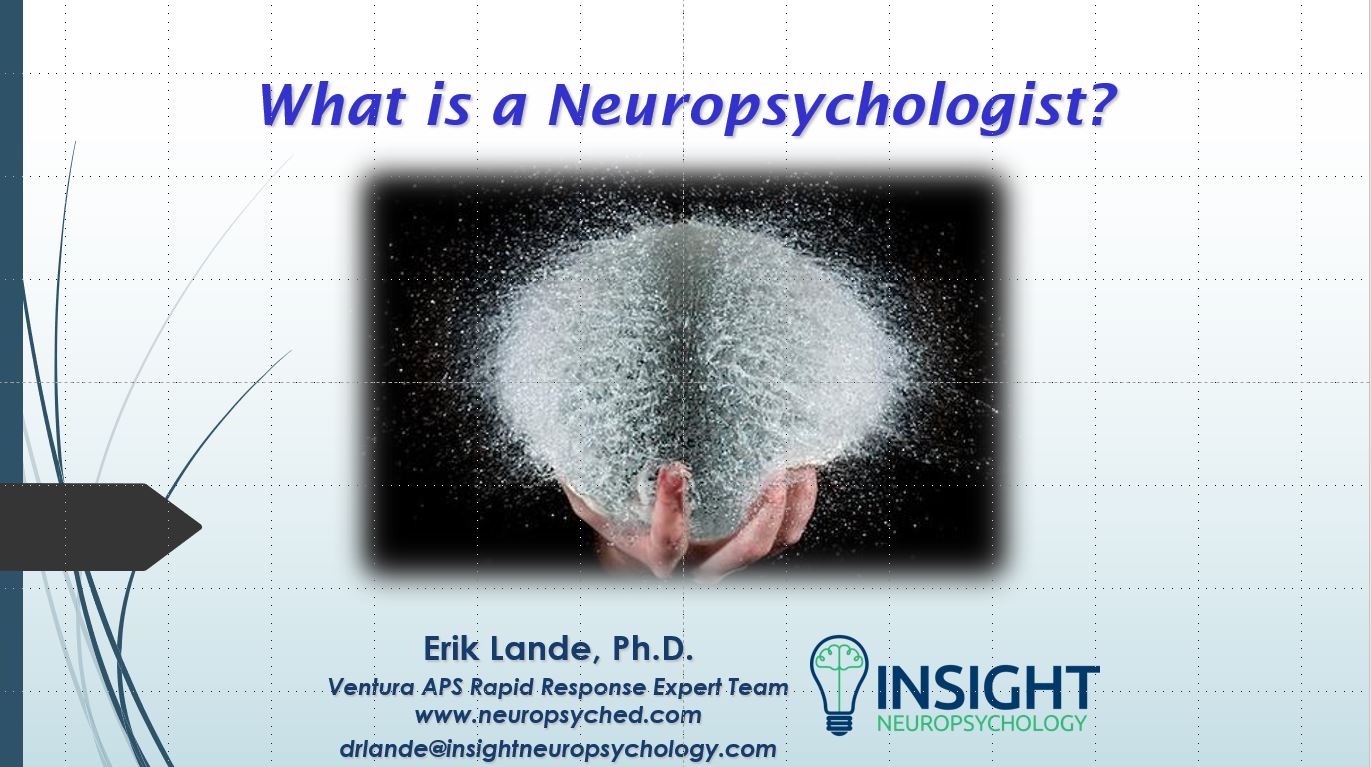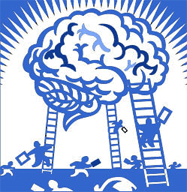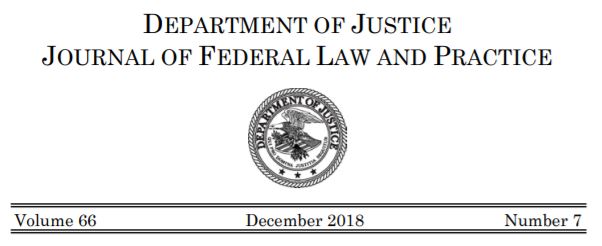There is a reason for this. Many people believe that as we get older our mental faculties – our memory and thinking skills – start to decline. Even the medical field believed this. The medical diagnosis for this was “Senile Dementia,” and it literally meant mental deterioration that comes with aging.
Now though, we know this isn’t really accurate. Although there are some changes in our thinking abilities, usually related to being slower and less efficient, we now know that dementia is not part of healthy aging.
Two things give this away. We have identified many of the conditions that cause dementia, and we have identified people, sometimes called super-agers, who don’t show a significant decline as they age. One of the innovative studies that explored this was the “Nun Study” by Dr. David Snowdon. They examined almost 700 elderly nuns over 15 years, including cognitive testing, gene studies, and even information from early in their lives by studying autobiographical essays they wrote in their 20s. If you would like to learn a little more, check out Dr. Snowdon’s book. You can click on the photo to reach it.
So What is Dementia?
Nowadays, when doctors use the term dementia, it is meant as a description of a person’s functioning. Dementia describes a person’s current level of thinking and functioning. It is not the cause of that level of functioning, it is simply describing it.
It means that a person is showing a significant decline in thinking skills (like memory or language functions) often measured by neuropsychological assessments such as those I conduct (look here to learn more about the testing process), and the deficits are significant enough that they are also causing limitations in a person’s functional skills, their daily life. In a few paragraphs we will talk about causes of dementia, and how these can result in different types of symptoms and challenges.
